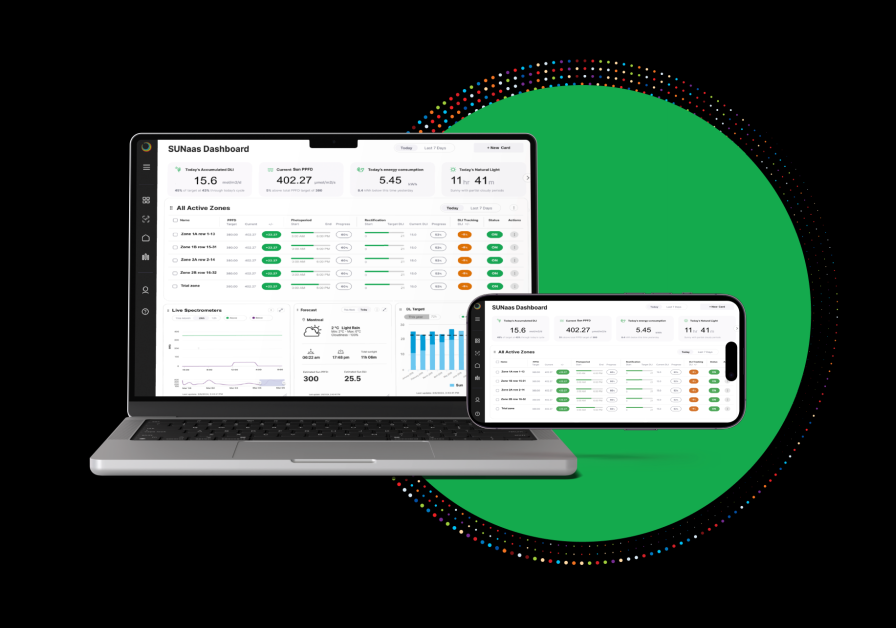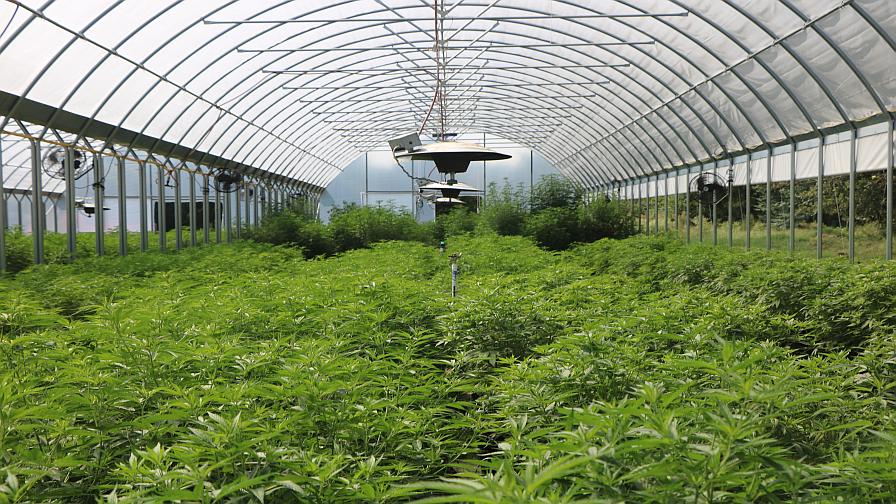An Expert Offers Clarity on What Makes Cannabis and Hemp Seed Certified
Chet Boruff, CEO, Association of Official Seed Certifying Agencies (AOSCA) wants a quick second to clear the air.
The ag seed industry veteran thinks it is important to clarify some of the common misconceptions that currently exist around different cannabis varieties strains and certified seed, and how the industry has gone about marketing hemp seed in the early going.

Chet Boruff, CEO, AOSCA
“There is a lot of confusion around the term ‘Certified seed’ in hemp and I think there is just as much confusion in the market around the true meaning and what constitutes a ‘variety’ of seed,” he says.
First, the ‘Certified seed’ part.
Many genetics providers will tout their seed as ‘certified’ and will offer Certificates of Analysis (COAs) when asked for documentation. According to Boruff, that is just a lab analysis of the seed, and it does not constitute the seed being “certified,” in terms of the definition of Certified seed, as outlined in the Federal Seed Act and AOSCA Standards.
“Really, what they actually mean may be ‘tested’, as in” tested for THC” content. It has nothing to do with being certified for varietal purity.”
To be considered Certified seed, the CEO adds, it must have been produced under the supervision of a seed certifying agency and following AOSCA Standards to maintain the purity of the variety.
Variety vs. Strain: Which Is It?
Boruff is also concerned about the misunderstanding of what constitutes a variety that is eligible for seed certification versus some of the strains of hemp that are being offered for sale.
“Here’s the difference, as defined in the U.S. Federal Seed Act and followed by AOSCA in its standards,” he explains. “The three hallmarks of a variety are ‘distinct, uniform and stable.’
“Distinct means it has to be different from all others of that same crop type; uniform means that if you look at a field of that variety every plant is identical to the others; and stable means that its characteristics do not change from one generation to the next.”
Boruff points to the previously ongoing Federal prohibition of hemp production in the U.S. and the lack of variety development for many years as a primary reason that many strains today lack the necessary data and documentation to ever achieve being recognized as a variety eligible for seed certification
“Some folks have been conducting plant breeding for decades without a lot of documentation and research. Now that the door has been opened for hemp production they come forward and say – ‘Here is my variety.’ Well, in technical terms, they may not have a variety,” he says. “That’s not saying it doesn’t have some value or that it couldn’t be, if it can pass through variety review, as outlined in the Federal Seed Act.
But in many cases, I’m afraid they won’t have the documentation and it will always be considered a strain…..not a variety.”
Currently, Boruff estimates there are over 70 hemp varieties eligible for seed certification. Eligible being the key term there, according to Boruff. Once again, it is a matter of supply keeping up with or meeting demand for Certified seed.
“If you are a seed grower and have parent seed that you want to grow and market as a class of Certified seed, you must start with an eligible variety, work with your local seed certifying agency, and follow AOSCA Standards to produce pure seed,” Boruff advises. “At the end of the day, it is all about assuring the seed customer they are getting the seed they expect. A successful crop begins with the seed.”










